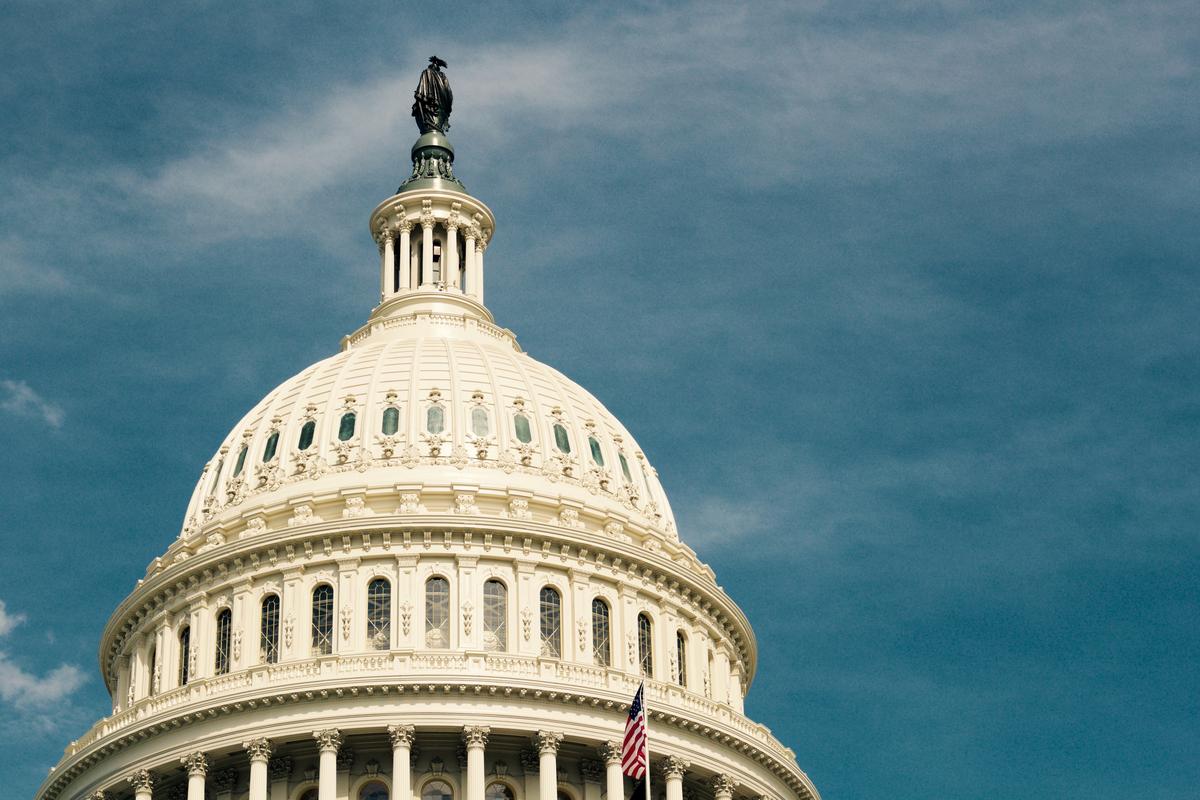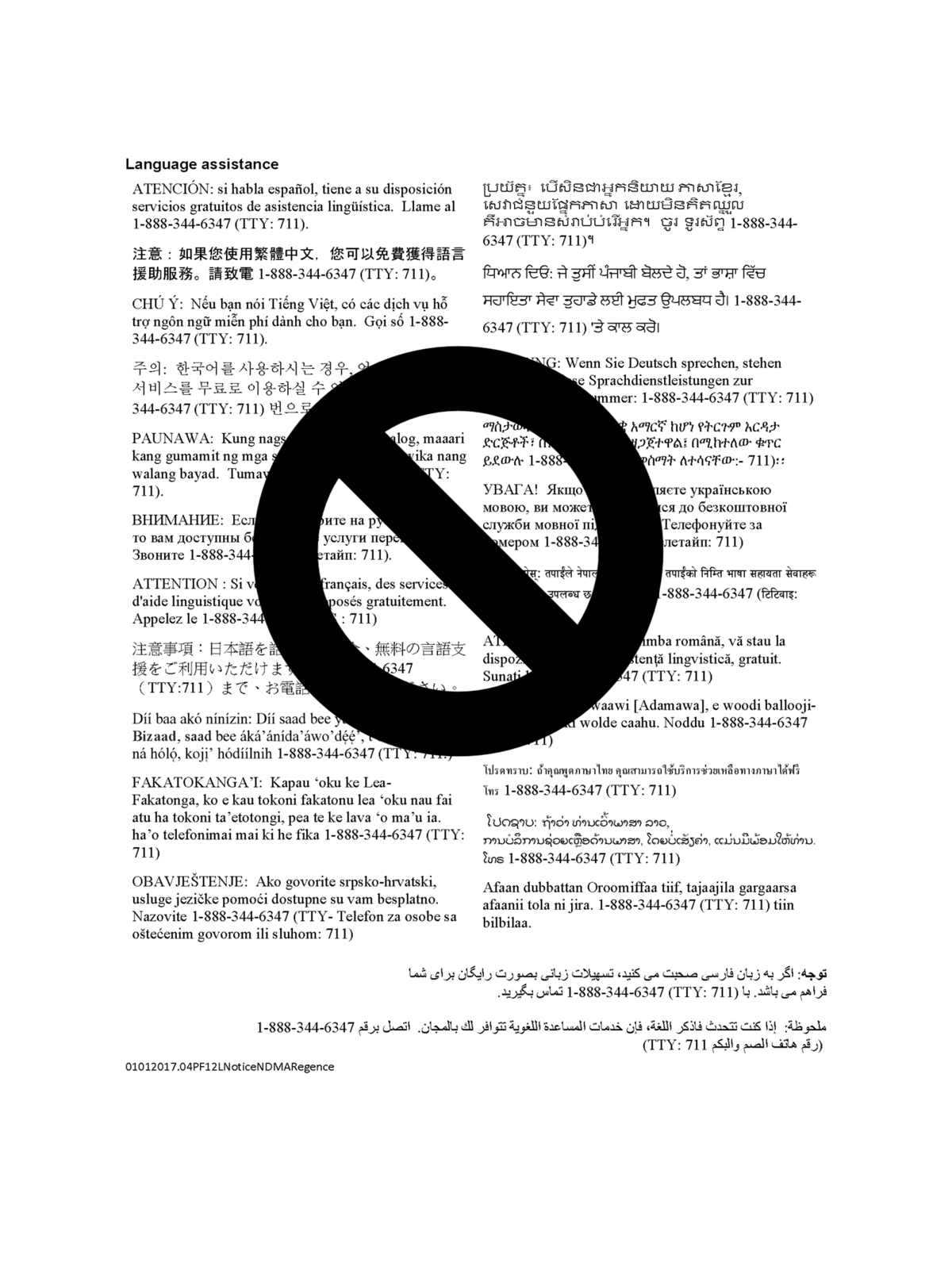Hot Topics BlogWednesday, December 22 2021
On Friday, December 17, 2021, Governor Inslee, as well as Senate Majority Leader Andy Billig and House Speaker Laurie Jinkins, issued statements implementing a delay in the WA Cares program. Specifically:
Photo by Brett Jordan on Unsplash Thursday, November 11 2021
FINALLY! The Internal Revenue Service (IRS) finally announced the official 2022 Flexible Spending Account (FSA), commuter, and adoption limits. Here are the newly released contribution limits: NEW CONTRIBUTION LIMITS
YOUR FLEXIBLE SPENDING ACCOUNTS The 2022 Dependent Care FSA contribution limits decreased from $10,500 in 2021 for families and $5,250 for married taxpayers filing separately. The 2021 Dependent Care FSA limits came in response to the COVID-19 pandemic as a temporary relief to working parents. Both healthcare FSAs and Dependent Care FSAs are versatile healthcare savings vehicles that allow individuals to receive tax benefits when they spend funds on eligible expenses. Overall, there are four general types of FSAs to know about:
WHAT TO KNOW ABOUT ROLLOVER FUNDS
Employers can offer one of these options but not both, and neither option is required. To learn more contact us for more information. DETAILS ON COMMUTER LIMITS If this plan is offered by the Employer, a commuter account allows you to set aside pre-tax funds to pay for your commute to work. For 2022, if you were to use both transit and parking, you could set aside up to $6,720 annually. Assuming a 30% effective tax rate that means you could potentially reduce your tax liability by more than $2,000.
Monday, November 08 2021
401(k) Contribution Limit Increased to $20,500 The Internal Revenue Service (IRS) has released Notice 2021-61, which contains cost-of-living adjustments for 2022 that affect amounts employees can contribute to 401(k) plans and individual retirement accounts (IRAs). The employee contribution limit for 401(k) plans in 2022 has increased to $20,500, up from $19,500 for 2021 and 2020. Other key limit increases include the following: The employee contribution limit for SIMPLE IRAs and SIMPLE 401(k) plans is increased to $14,000, up from $13,500. Key limits that remain unchanged include the employee contribution limit for IRAs (remaining at $6,000) and the catch-up contribution limit for employees aged 50 and over who participate in 401(k), 403(b), most 457 plans and the federal government’s Thrift Savings Plan (remaining at $6,500). Monday, October 04 2021
Starting Jan. 1, 2022, Washington state law protects you from surprise or balance billing if you receive emergency care at any medical facility or when you're treated at an in-network hospital or outpatient surgical facility by an out-of-network provider. What is surprise or balance billing The new Balance Billing Protection Act prevents people from getting a surprise medical bill when they receive emergency care from any hospital or if they have a scheduled procedure an in-network facility and receive care from an out-of-network provider. In this case, if an insurer and provider cannot agree on a price for the covered services, they go to arbitration and cannot bill the consumer for the amount in dispute. What to do if you get a surprise bill The law applies to most, but not all health plans Wednesday, March 17 2021
There are a number of new laws coming out of the Biden Administration which may impact you. Centers for Medicare & Medicaid Services (CMS) provided a fact sheet regarding new ACA subsidies, with a Q&A section to help individuals understand how to obtain the new subsidies. To delve further in by county, see the Assistant Secretary for Planning and Evaluation (ASPE) data sets which break down the uninsured numbers by household income, age, etc. Health and Human Services (HHS) provided a fact sheet regarding new ACA subsidies, along with a table which shows the number of uninsured who will now be eligible in each state. For additional information, refer to HR360 .
Wednesday, June 17 2020
Final Rule Removes Gender Identity, Termination of Pregnancy, and Notice and Tagline Provisions On June 12, 2020, the U.S. Department of Health and Human Services (HHS) issued a final rule that revises the implementation of the Affordable Care Act’s Section 1557 nondiscrimination provisions on gender identity and language access. Specifically, the final rule:
The final rule is scheduled to be published in the Federal Register on June 19, 2020, and will become effective 60 days after publishing. The final rule does not affect the substantive Section 1557 provisions related to nondiscrimination on the basis of disability, race, color, age, national origin or sex. Thursday, March 26 2020
Employer Notice, Fact Sheets, Q&As Available on DOL Webpage Questions and Answers Posters Field Assistance Bulletin Saturday, February 01 2020
Starting Jan. 1, 2020, Washington state law protects you from surprise or balance billing if you receive emergency care at any medical facility or when you're treated at an in-network hospital or outpatient surgical facility by an out-of-network provider. What is surprise or balance billing? The new Balance Billing Protection Act prevents people from getting a surprise medical bill when they receive emergency care from any hospital or if they have a scheduled procedure an in-network facility and receive care from an out-of-network provider. In this case, if an insurer and provider cannot agree on a price for the covered services, they go to arbitration and cannot bill the consumer for the amount in dispute. What to do if you get a surprise bill The law applies to most, but not all health plans How much do you pay? What health insurers must do What medical providers and facilities must do Wednesday, December 18 2019
New Form W-4 for 2020 Just Released
Employees complete the Form W-4 so that their employers can withhold the correct amount of federal tax from their paycheck. A significant change for the 2020 form is that it does not have withholding allowances because employees may no longer claim personal exemptions or dependency exemptions. Previously, the value of a withholding allowance was tied to the amount of the personal exemption. The new form is divided into five steps and employees will provide information for the steps that apply to them (steps 2-4 may not). Step 1: Enter personal information (including marital status). Publication 15-T (still in draft form) assists employers in determining the amount of federal income tax to withhold from their employees’ wages. Continue to read about the Form W-4, and see the 2020 version.
Saturday, July 27 2019
Lately, you may have heard about surprise medical billing in the local and national news. I'm thrilled both Washington D.C. and Washington state are finally giving this issue the attention it deserves, because it is one of the most costly and troublesome issues I see for health insurance consumers. For most of us, the only 'surprise' we want on our medical bill, is to hear either we don't owe anything after all or insurance decided to cover it. But the reality is, surprise or 'balance' billing can happen when you're treated for an emergency, or have a scheduled procedure at an in-network hospital or surgery facility and are seen by an out-of-network provider. A common concern we get at PNW Insurance Solutions, located in Mukilteo, WA is something along the lines of "I went to an in-network hospital, so why do I owe this HUGE amount still?" Well, this happens because some types of providers, including anesthesiologists, radiologists, pathologists, and labs may not be contracted with your insurance company even though they provide services at a hospital or facility that is in your health plan’s provider network. So, in addition to your expected out-of-pocket costs, you also get a bill for the difference between what your insurer has agreed to pay that provider and the amount the provider billed for their services. This is commonly referred to as 'balance billing'. So, what is Washington state doing about this? Quite a bit actually. Beginning January 1, 2020, The new surprise billing law (www.leg.wa.gov) prevents people from getting a surprise medical bill when they receive emergency care from a hospital or get care at an in-network facility but are treated by an out-of-network provider. If an insurer and provider cannot agree on a price for the covered services, they can go to binding arbitration but they cannot bill the consumer for the amount in dispute. How great is that?!? This new law will provide transparency. Insurers, medical providers and facilities must give consumers a new notice detailing their rights and letting them know when they can and cannot be balance billed. Also, they must keep updated information about provider networks on their websites. At last, some long needed help! This new law will provide dispute resolution. The amount an out-of-network provider will be paid by an insurer must be a 'commercially reasonable' amount, based on payments for the same or similar service in a similar geographic area. If an insurer and provider cannot reach an agreement, either one can request arbitration. Neither one can involve the consumer in the dispute. More protection for us! There will be a new sheriff in town. If the commissioner's office sees that a provider is continuing to surprise bill consumers, it can refer the provider to the Department of Health for disciplinary action. Bam! So what should you do before the law is enacted if this happens? If you get a surprise medical bill before the new law takes effect, you should contact the provider directly. Tell them you know the law is changing soon and ask them to reconsider the charges or request a reduced charge. Unfortunately, surprise billing could still occur in this time, but knowing your options could help you reduce your costs. Stand up for yourself! If you have any questions, please contact Wendee Allen at PNW Insurance Solutions 425-314-0988. |
Terms & Conditions | Copyright | Privacy Policy
© PNW Insurance Solutions, LLC.









